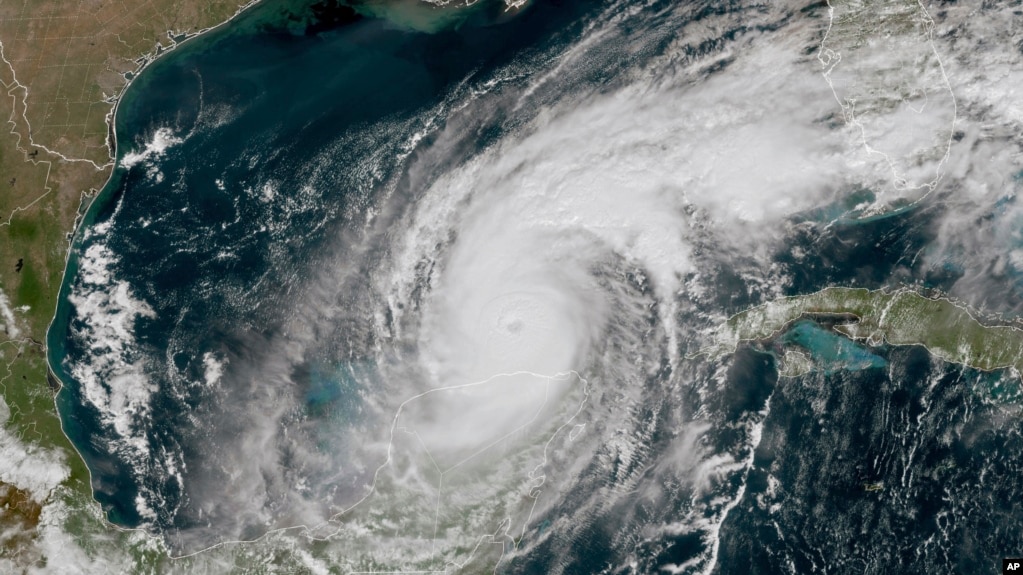AUDIO
Study: US Hurricanes Much Deadlier Than Government Estimates

A new study says hurricanes in the United States are hundreds of times deadlier than government estimates say. In fact, the research finds, they result in more American deaths over the long term than car accidents or wars.
The study found the average storm that hits the U.S. contributes to the early deaths of 7,000 to 11,000 people over a 15-year period.
Solomon Hsiang is a climate economist at Stanford University in California. Hsiang co-wrote the study with Rachel Young of the University of California Berkeley.
“After each storm there is sort of this surge of additional mortality in a state that’s been impacted that has not been previously documented or associated with hurricanes in any way,” Hsiang said.
Nature magazine published the study.
Researchers take a wider look
The research considers hurricane deaths in a new way: through examination of long-term public health and economic effects of what is called excess mortality. The investigators looked at individual state death rates following 501 separate storms in the United States between 1930 and 2015. Their research shows a sudden rise or “bump” in death rates after each storm.
Similar examinations are done for heat waves and other health threats like pollution and disease, Hsiang said. They compare death rates to pre-storm times while accounting for other influences that could be causing change to those rates, he said.
Hsiang said additional research is needed to learn how storms contribute to deaths after the bad weather passes. But he theorized that storms cause major stress as well as environmental changes, including the spread of poisonous substances. He also said the economic cost of storms can leave people unable to pay for health care and other necessities.
Early deaths
“When someone dies a few years after a hurricane hit them, the cause will be recorded as a heart attack, stroke or respiratory failure,” said Texas A&M University climate scientist Andrew Dessler. He was not part of the study but has done similar research on heat and cold deaths.
Hsiang said he and Young were surprised when they examined hundreds of bumps and found they stretch out over 15 years.
It's “almost like a trickle of mortality, like each month we're talking about five to 10 individuals who are dying earlier than they would have otherwise," Hsiang said.
These deaths are of people who did not realize their health issues were connected to storms that took place years earlier. But, Hsiang said, that is what the data shows: "They would not have died at those times had the storm not arrived.”
The numbers proved so high that the researchers kept looking for mistakes in their work. “It took years for us to really fully accept that this was happening," Hsiang said.
How big are the numbers?
Storms are a factor in between 55,000 to 88,000 excess deaths each year, the study found. Over the 85 years included in the study, the team found that between 3.6 million and 5.2 million people died in connection with storm experience. That is more than the two million car accident deaths over that same period, the study said.
Hsiang said he and Young saw a trend of increasing hurricane-connected deaths, mostly as a result of population growth. Beginning in 2000, there was a big jump in the total volume of storms hitting large populations, he said.
___________________________________________
Words in This Story
contribute – v. to have a part in bringing about something
mortality – n. the death of large numbers (as of people or animals)
previously – adv. going before in time or order
associate – v. to link or connect
trickle – n. to move or go one by one or little by little
https://learningenglish.voanews.com/a/study-us-hurricanes-much-deadlier-than-government-estimates/7813352.html